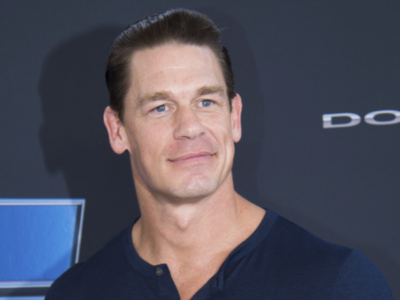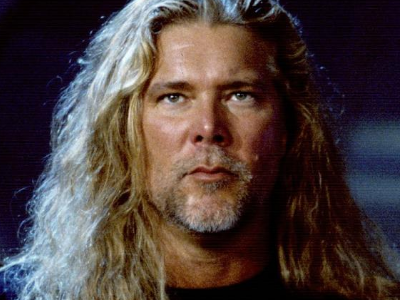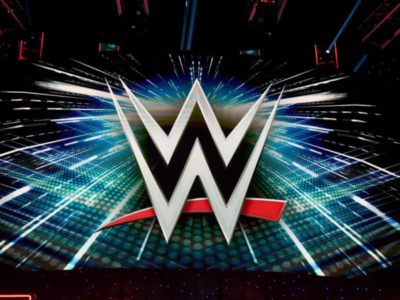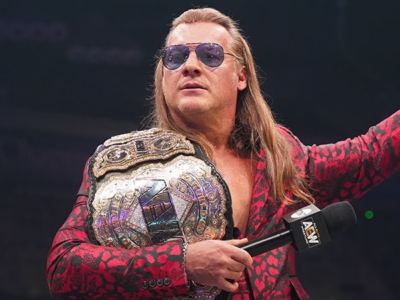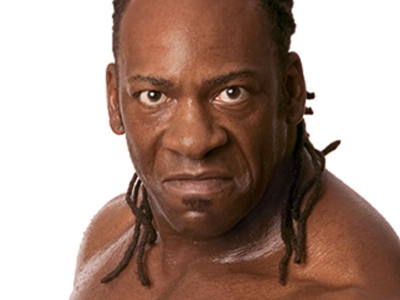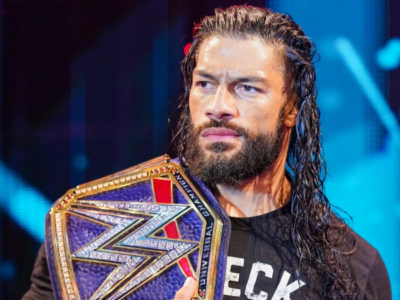William Regal: Wrestling’s Underrated Genius
In the grand tapestry of professional wrestling, a lot of names evoke a combination of reverence, respect, and a lingering sense of “what could have been” but today I have chosen William Regal. While his contributions to wrestling are undeniable, his career often feels overshadowed, his brilliance as a performer underappreciated in comparison to the industry’s household names. William Regal, born Darren Kenneth Matthews, remains a symbol of wrestling’s purest form, blending technical mastery, storytelling, and character work in a way that should have earned him greater recognition. Here’s why he was criminally underrated.
Technical Mastery Beyond Compare
William Regal was, first and foremost, a master technician. Hailing from Blackpool, England, he brought a distinct British style to wrestling—grounded in the art of “catch-as-catch-can.” Regal’s matches were clinics in grappling, chain wrestling, and psychology. He excelled in making even the smallest moves significant, an art form that many modern wrestlers overlook.
His bouts showcased his ability to seamlessly blend holds, counters, and reversals in a way that felt less like a choreographed match and more like an authentic struggle. Regal had a knack for elevating his opponents, even if it meant taking the loss. This selflessness might have kept him from ascending to the top of the card but cemented him as a wrestler’s wrestler—a competitor revered by his peers.
A Natural Storyteller in the Ring
Wrestling is as much about storytelling as it is about athletic prowess, and Regal excelled at both. Whether he was portraying the smug and aristocratic villain or the plucky underdog fighting against insurmountable odds, Regal’s character work was always compelling. His ability to tell a story through his facial expressions, body language, and in-ring psychology set him apart.
One of his most underrated qualities was his ability to adapt his style to fit any narrative. As a heel, he employed dirty tricks with such finesse that audiences couldn’t help but despise him. Yet, as a babyface, he exuded a quiet dignity, making it impossible not to root for him. Regal didn’t need grandiose promos or flashy moves—his work in the ring spoke volumes.
Charisma and Mic Skills Often Overlooked
While Regal was primarily known for his in-ring abilities, his charisma and wit were equally remarkable. His promos, often dripping with sarcasm and a distinctly British sense of humour, were a masterclass in subtlety. Whether he was berating the audience as an elitist villain or delivering heartfelt words of encouragement as the NXT General Manager, Regal commanded attention whenever he had a microphone.
Who can forget his “Power of the Punch” gimmick, where he used brass knuckles to win matches? The absurdity of the concept was elevated by Regal’s comedic timing and ability to make even the most ridiculous angles entertaining. Regal was never afraid to lean into the theatrics of wrestling, which often endeared him to hardcore fans while solidifying his place as a versatile performer.
Missed Opportunities in WWE
Regal’s WWE career was marked by a series of missed opportunities, many of which were beyond his control. Despite being an exceptional worker and a compelling character, he was rarely given the chance to shine as a main-event star. His runs with championships, such as the Intercontinental and European titles, were excellent but short-lived. Even his reign as King of the Ring in 2008, which seemed poised to catapult him into the upper echelon of WWE, was cut short due to personal issues and a suspension.
WWE often used Regal as a utility player, relying on him to help younger talent get over or to fill gaps in the mid-card. While this showcased his versatility, it also meant that Regal was never the focal point of the promotion. Fans and critics alike have lamented that Regal was never given a proper world championship run, a glaring omission in an otherwise stellar career.
A Legacy of Mentorship
Though his in-ring accolades may not reflect his true value, Regal’s impact on wrestling extends far beyond his time as an active competitor. As a mentor and talent scout, he has played an instrumental role in shaping the next generation of wrestlers. His tenure as the NXT General Manager was a highlight of the brand, where he brought credibility and gravitas to the role.
Behind the scenes, Regal has been credited with discovering and nurturing countless stars, including Bryan Danielson, Kevin Owens, and Sami Zayn. His knowledge of wrestling’s intricacies, combined with his passion for the business, made him an invaluable asset to WWE’s developmental system.
Why Was He Underrated?
The reasons for Regal’s underappreciation are multifaceted. Wrestling, especially in the WWE, often prioritizes larger-than-life characters and spectacle over technical proficiency and subtle storytelling. Regal’s style, rooted in realism and nuance, was at odds with the more bombastic elements of WWE’s main event scene. Additionally, his struggles with personal demons at key points in his career hindered his momentum.
However, those who truly understand wrestling recognize Regal for what he is: a pioneer, a master of his craft, and one of the most well-rounded performers of his era. His influence can be seen in the current generation of wrestlers who prioritize in-ring storytelling and technical excellence, a testament to his enduring legacy.
Conclusion
William Regal may not have the accolades or mainstream recognition of wrestling’s biggest stars, but his contributions to the industry are immeasurable. As a wrestler, storyteller, and mentor, Regal embodies the heart and soul of professional wrestling. His criminally underrated status only serves to highlight how truly special he was—a performer who didn’t need the spotlight to leave an indelible mark on the industry.
For those willing to dig deeper into wrestling’s rich history, William Regal stands as a shining example of what makes the art form so captivating. His career may not have always received the accolades it deserved, but his influence will be felt for generations to come.

